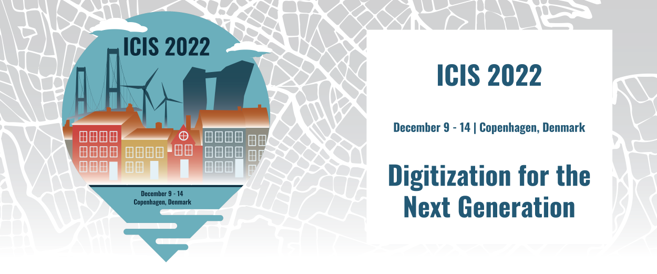Loading...
Paper Number
1423
Paper Type
Short
Description
Modern Artificial Intelligence (AI) models offer high predictive accuracy but often lack interpretability with respect to reasons for predictions. Explanations for predictions are usually necessary in making high-stakes clinical decisions. Hence, many Explainable AI (XAI) techniques have been designed to generate explanations for predictions from black-box models. However, there are no rigorous metrics to evaluate these explanations, especially with respect to their usefulness to clinicians. We develop a principled method to evaluate explanations by drawing on theories from social science and accounting for specific requirements of the clinical context. As a case study, we use our metric to evaluate explanations generated by two popular XAI algorithms in the task of predicting the onset of Alzheimer's disease using genetic data. Our preliminary findings are promising and illustrate the versatility and utility of our metric. Our work contributes to the practical and theoretical development of XAI techniques and Clinical Decision Support Systems.
Recommended Citation
Ghanvatkar, Suparna and Rajan, Vaibhav, "Towards a Theory-Based Evaluation of Explainable Predictions in Healthcare" (2022). ICIS 2022 Proceedings. 5.
https://aisel.aisnet.org/icis2022/is_health/is_health/5
Towards a Theory-Based Evaluation of Explainable Predictions in Healthcare
Modern Artificial Intelligence (AI) models offer high predictive accuracy but often lack interpretability with respect to reasons for predictions. Explanations for predictions are usually necessary in making high-stakes clinical decisions. Hence, many Explainable AI (XAI) techniques have been designed to generate explanations for predictions from black-box models. However, there are no rigorous metrics to evaluate these explanations, especially with respect to their usefulness to clinicians. We develop a principled method to evaluate explanations by drawing on theories from social science and accounting for specific requirements of the clinical context. As a case study, we use our metric to evaluate explanations generated by two popular XAI algorithms in the task of predicting the onset of Alzheimer's disease using genetic data. Our preliminary findings are promising and illustrate the versatility and utility of our metric. Our work contributes to the practical and theoretical development of XAI techniques and Clinical Decision Support Systems.
When commenting on articles, please be friendly, welcoming, respectful and abide by the AIS eLibrary Discussion Thread Code of Conduct posted here.



Comments
16-HealthCare